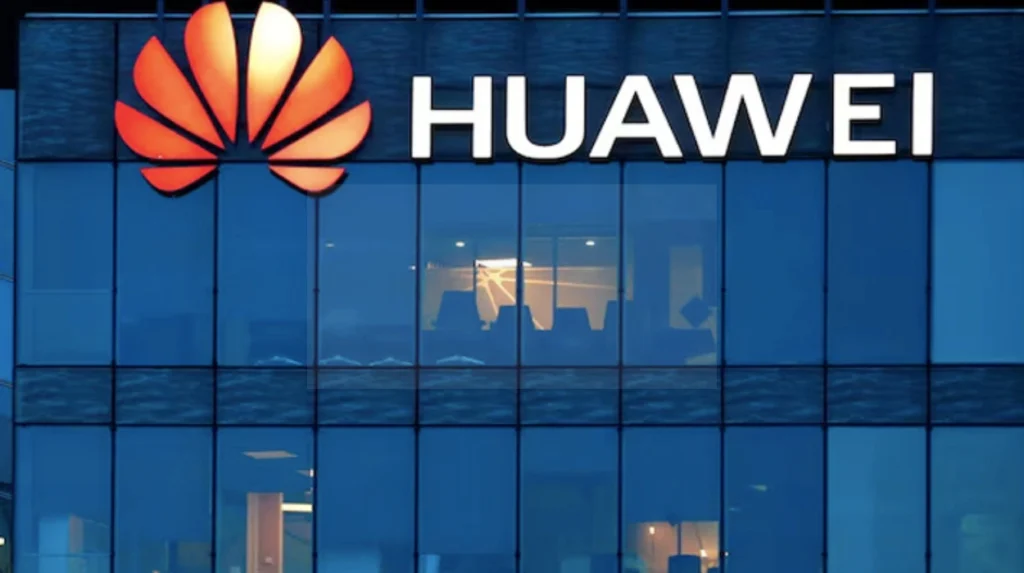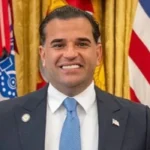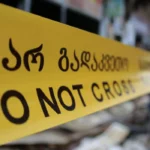Brussels is once again at the center of a major corruption scandal, as Belgian prosecutors have launched a sweeping investigation into alleged bribery and influence-peddling involving the Chinese telecom giant Huawei and as many as fifteen current and former Members of the European Parliament (MEPs). The probe, which has already resulted in multiple arrests and high-profile raids, is sending shockwaves through the European Union’s political establishment and reigniting urgent calls for reform and transparency within the EU’s only directly elected institution.
How Did the Scandal Unfold?
The investigation began to surface publicly in early March, when Belgian authorities confirmed that they had arrested several individuals for questioning over suspected corruption in the European Parliament. The operation was extensive and meticulously coordinated, with “about 100 federal police officers carrying out 21 searches in Brussels, the Flanders and Wallonia regions, and Portugal”. The targets included private residences, Huawei’s Brussels offices, and even offices inside the European Parliament itself, which were sealed by order of the investigating magistrate.
Belgian prosecutors have stated that the suspected crimes include
“active corruption, forgery of documents, money laundering, and organized crime.”
The investigation is believed to have started with intelligence gathered as early as 2021, after suspicions arose about the activities of certain lobbyists and lawmakers with ties to Huawei. The authorities believe that corruption and forgery have occurred “regularly and under the radar, all disguised as commercial lobbying, taking forms like paying people for political stances or offering lavish gifts like food, travel expenses, and invites to football matches”.
Who Is Under the Microscope?
While Belgian prosecutors have not released the names of those arrested or under investigation, sources close to the probe say that
“about 15 current and former MEPs could be involved”.
The focus is on whether these lawmakers accepted bribes or other inducements from Huawei lobbyists in exchange for influencing EU policy in the company’s favor. If any current MEPs are found to be implicated, Belgian authorities have indicated that they will formally request the European Parliament to lift their immunity, a move that would allow for prosecution.
The investigation has already led to significant consequences within the Parliament. As a precautionary measure, the European Parliament has
“suspended the access to premises for many representatives linked to the Huawei company”.
A spokesperson explained,
“On March 14, the parliament decided, as a precautionary measure, to suspend the access to parliament of representatives attached to the Huawei company with immediate effect”.
This step underscores the seriousness with which the institution is treating the allegations.
What Are the Alleged Methods of Corruption?
According to prosecutors, the alleged bribery scheme was both sophisticated and discreet. The methods reportedly included direct cash payments, as well as “excessive gifts such as food, travel expenses, or regular invitations to football matches”. Some payments were allegedly disguised as business expenses or routed through third parties, possibly even involving companies in Portugal to mask the true origin of the funds. The aim, prosecutors say, was to influence MEPs to adopt positions favorable to Huawei’s commercial interests in Europe.
During the raids, police seized a significant quantity of documents, electronic devices, and other items believed to be linked to the suspected bribery and money laundering network. Prosecutors confirmed that
“several documents and items were seized to check for signs of money laundering”.
Forensic teams are now analyzing this evidence to trace the flow of illicit funds and establish the full scope of the network.
How Has Huawei Responded?
Huawei has firmly denied any wrongdoing. In a statement released after the raids, a company spokesperson said,
“Huawei has a zero-tolerance policy towards corruption or other wrongdoing, and we are committed to complying with all applicable laws and regulations at all times”.
The company also stated that it is
“taking these allegations seriously and will urgently communicate with the investigation to further understand the situation”.
Despite these denials, the shadow of suspicion remains, especially as the investigation continues to unfold.
What Are the Legal and Political Consequences?
The legal fallout has already begun, with “five people charged in connection with the bribery investigation”. Four of these individuals have been arrested and charged with active corruption and involvement in a criminal organization, while a fifth faces money laundering charges and has been released under certain conditions. The Belgian magistrate has kept four suspects under pre-trial detention, reflecting the gravity of the accusations.
The European Parliament, for its part, has pledged to cooperate fully with the investigation. The institution has already complied with requests to seal offices and restrict access for implicated representatives. The Parliament’s leadership has expressed deep concern about the impact of repeated corruption scandals on its credibility and has reiterated its commitment to transparency and the rule of law.
How Are EU Lawmakers and Civil Society Reacting?
The scandal has reignited debate about the vulnerability of EU institutions to foreign influence and the adequacy of existing anti-corruption safeguards. Greens lawmaker Daniel Freund, who supervised the assembly’s ethics body during the previous “Qatargate” scandal, remarked,
“The risk of corruption in Brussels is high because the EU is so influential. We need a complete investigation quickly, and finally reforms that will make the parliament more resistant to corruption”.
This sentiment is echoed by civil society organizations, including Transparency International, which have called for a “genuine political will” to strengthen anti-corruption measures and close loopholes that allow for undue influence.
What Is the Broader Context?
This is the second major corruption case to hit the European Parliament in less than three years. In December 2022, the institution was rocked by the “Qatargate” scandal, in which Qatari officials were accused of bribing EU officials to downplay labor rights concerns ahead of the World Cup. That episode led to high-profile arrests, asset freezes, and the suspension of implicated officials, severely damaging the Parliament’s reputation. The recurrence of such scandals has undermined the assembly’s claim to the moral high ground in its own investigations, such as those targeting corruption in member states like Hungary.
The latest revelations have intensified calls for sweeping reforms. Lawmakers and watchdogs are demanding the establishment of an independent ethics body, a fully mandatory Transparency Register for lobbyists, and stronger whistleblower protections to deter future misconduct. The Parliament’s Committee on Civil Liberties has recently endorsed a draft negotiating mandate for tougher anti-corruption rules, seeking to expand the scope of existing regulations and impose stricter penalties on offenders.
What Happens Next?
As the investigation continues, Belgian authorities are expected to analyze the seized documents and financial records, interview suspects, and potentially request the lifting of immunity for any sitting MEPs found to be involved. Prosecutors have indicated that the case remains open and that further arrests or charges may follow as new evidence emerges. The European Parliament, meanwhile, faces mounting pressure to restore public trust and demonstrate its commitment to transparency, accountability, and the rule of law.
A Test for EU Integrity
The unfolding bribery scandal involving Huawei and up to fifteen MEPs is a stark reminder of the persistent risks of corruption and foreign influence at the heart of European democracy. The scale and sophistication of the alleged scheme, the involvement of current and former lawmakers, and the shadow of previous scandals have combined to create a crisis of confidence in the Parliament’s integrity. As investigators sift through the evidence and the political fallout continues, the EU must confront the urgent need for stronger safeguards, greater transparency, and renewed vigilance to protect its democratic institutions from undue outside interference. The outcome of this investigation will not only determine the fate of those implicated but also set the tone for the EU’s future approach to foreign lobbying and corruption within its highest institutions.







